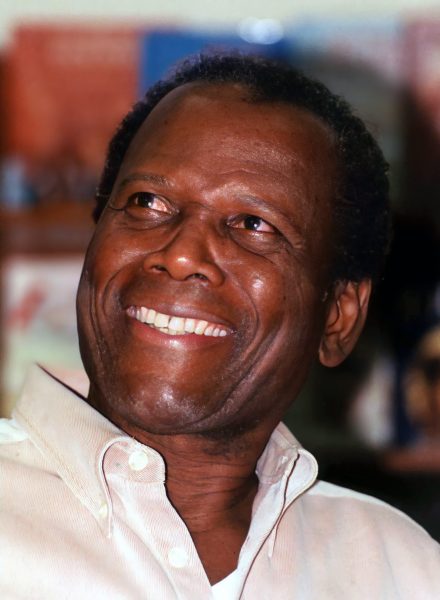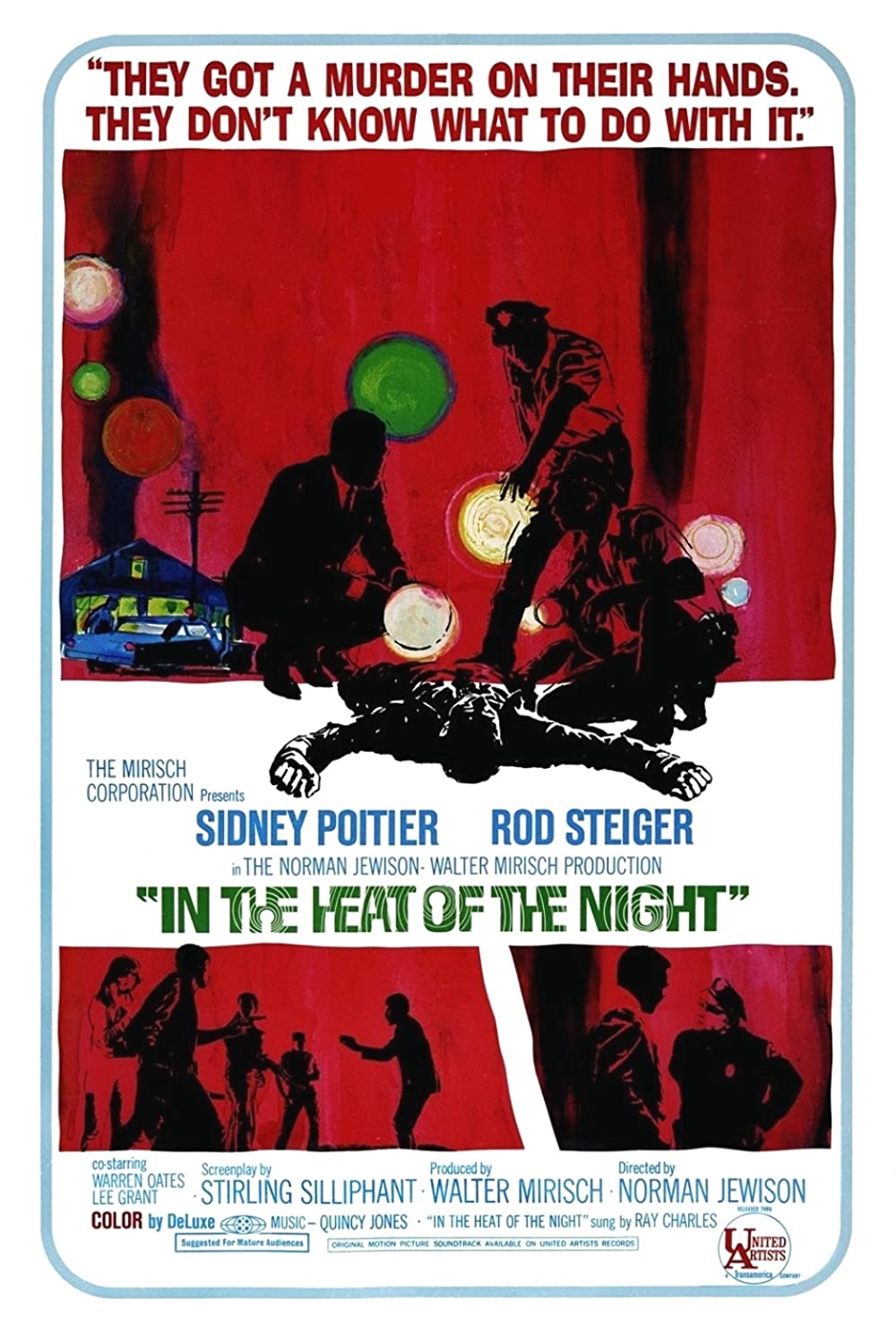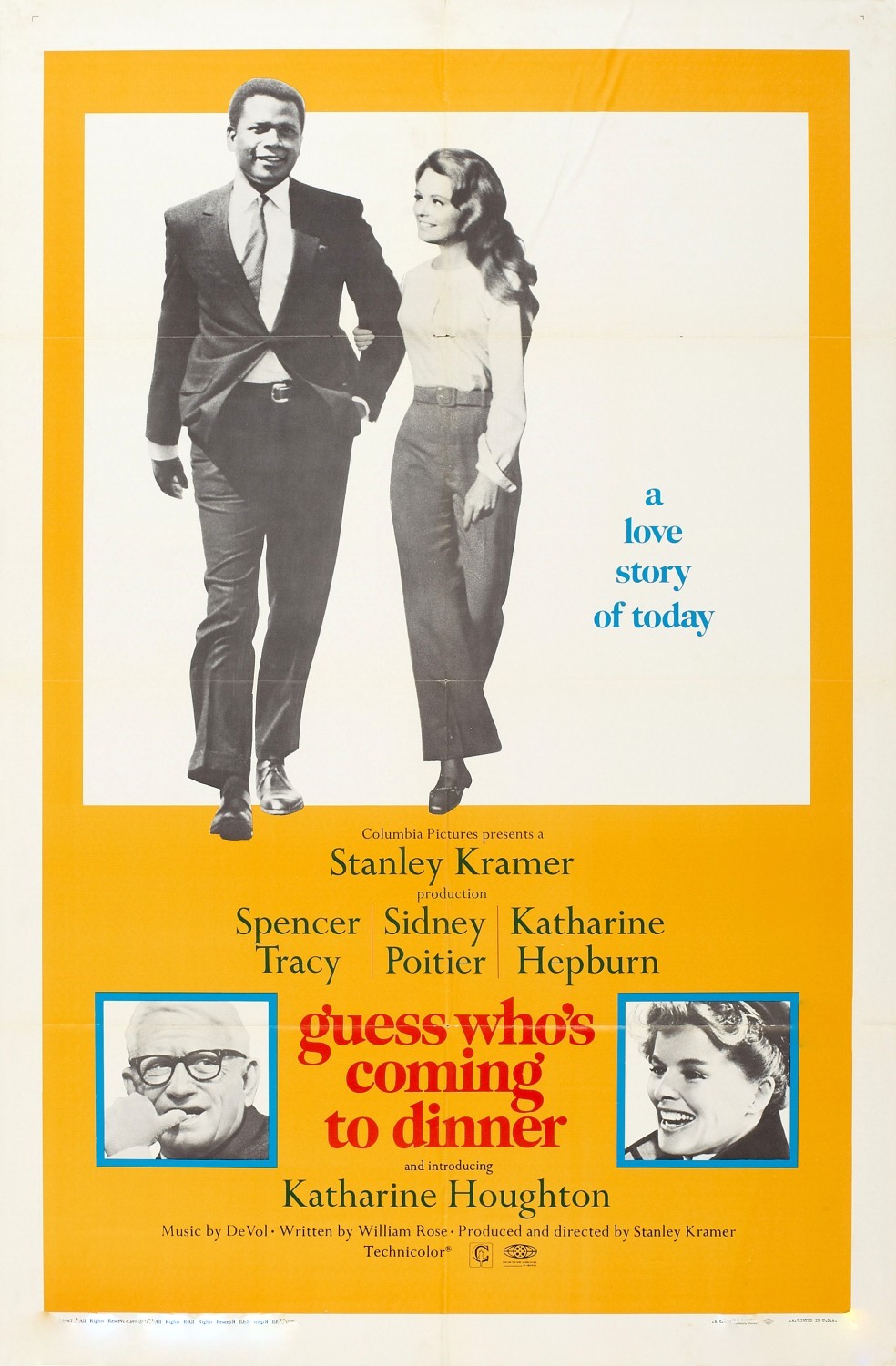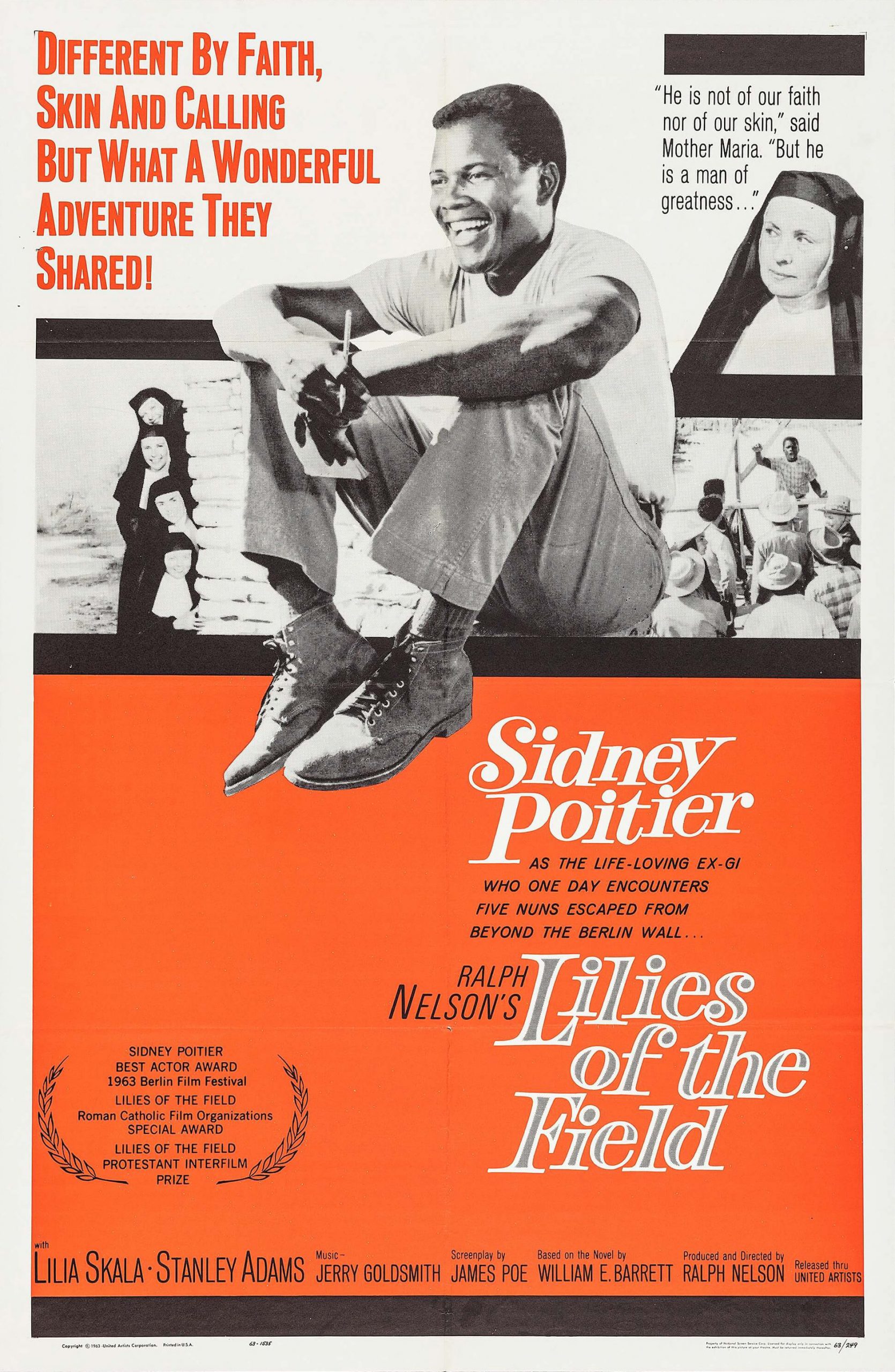Handsome, svelte, controlled yet intense in his acting, Sidney Poitier is emblematic of a true Hollywood star. He broke through Hollywood’s color barrier with leading roles in films such as No Way Out (1950), A Raisin in the Sun (1959), Paris Blues (1961), Lilies of the Field (1963), and The Heat of the Night (1967) that challenged stereotypes of Black men that had been rampant in the American film industry. Even the briefest glance at Poitier’s prolific filmography points to his trailblazing role in the American cinematic culture.
- In No Way Out (1950), Poitier stars as a fledgling Black doctor who practices medicine single-mindedly in the face of harassment and bigotry.
- One year later, in Cry, the Beloved Country (1951), a film based on Alan Paton’s novel, Poitier stars as a reverend intent on reuniting his family during apartheid in South Africa.
- In Lilies of the Night (1963), Poitier challenges stereotypes of race and class as an itinerant worker who is enlisted to build a chapel for a group of Catholic nuns.
- In Guess Who’s Coming to Dinner (1967), Poitier plays Katherine Hepburn’s fiancé, John Prentice, as the young couple bids for the love and acceptance of their families in this story about interracial love.
- In The Heat of the Night (1967), Poitier stars as a wrongly accused detective in this story about racism, police abuse, and the hunt for the truth.
In 1964, Poitier distinguished himself as the first Black actor to win an Oscar in the “Best Actor in a Leading Role” category for his performance of Homer Smith in Lilies of the Field. Just a few years prior, Poitier had received his first Best Actor nomination for his role as an escaped convict in The Defiant Ones (1958). In addition to acting, Poitier directed and produced numerous films, including the Western Buck and the Preacher (1972), Uptown Saturday Night (1974), and a Warm December (1973).
While his resume is studded with legendary roles and acclaimed directorial work, Poitier emanated from humble beginnings, growing up as a farm boy on Cat Island in The Bahamas. His acting talent launched him from rags to riches but not without untiring work, determination in the face of rejection, and the heavy load of representing Black society in a predominately white field. In 2002, the Academy bestowed him with an honorary award for his extraordinary record of performances, unique presence, and original acting style. Poitier was also a civil rights activist, and was honored by Martin Luther King, Jr. as well as Eleanor Roosevelt for his progressive contributions to American society.
Sidney Poitier passed away on January 6, 2022 at the age of 94 in Los Angeles. His legacy touches many areas of our society from film and art, to civil rights, to the countless humanitarian efforts he championed. This month, WR Immigration celebrates Sidney Poitier, who is widely recognized as one of America’s greatest movie stars, for breaking through the color barrier and opening the doors of the film industry to countless other talents.







